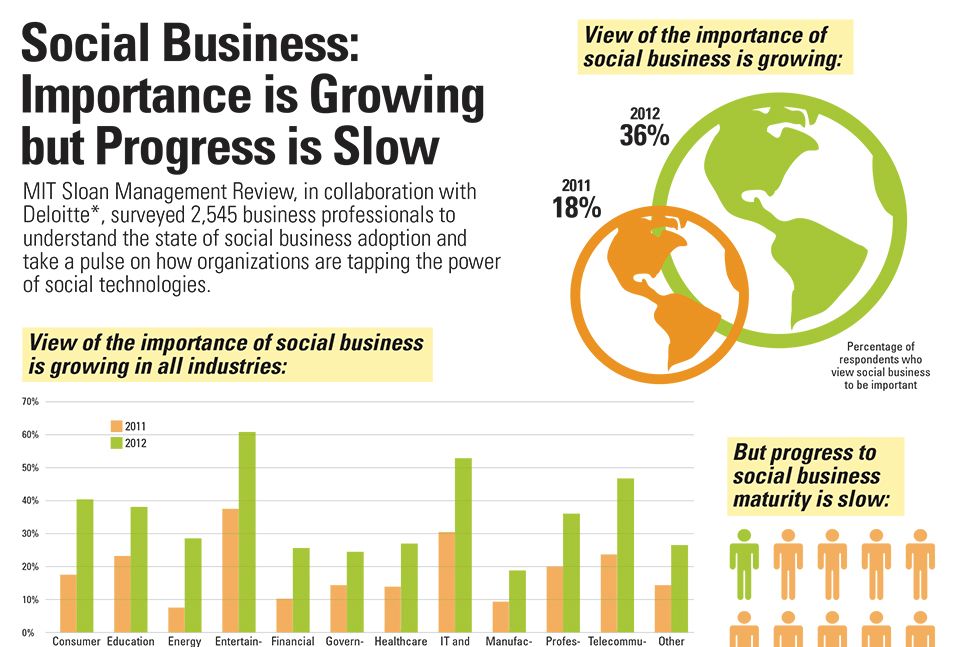 The pandemic caught us unprepared. Last year, educational institutions around the world needed to implement hasty changes to continue functioning in the circumstances of social distancing. This response to the pandemic gave rise to major changes in the way we teach and learn.
The pandemic caught us unprepared. Last year, educational institutions around the world needed to implement hasty changes to continue functioning in the circumstances of social distancing. This response to the pandemic gave rise to major changes in the way we teach and learn.
Today, the world is still dealing with COVID-19 one step at a time. However, we can already see the long-standing impact of new trends. They have redefined education and transformed our habits and attitudes toward education in general.
Digital Learning as a New Necessity
In 2020, COVID-19 changed the methods of knowledge delivery. The focus shifted to digital tools aimed to fully or partially recreate a classroom environment. Educators started to realize the potential and importance of eLearning. It inspired both teachers and students to learn how to use the benefits of the digital world to their advantage.
Technologies created a new classroom environment. Entire courses became digital and started to function on a fully remote basis. The pandemic also motivated changes in technologies. They started to develop rapidly to meet the demand.
Many students may not return to campus just because online degrees turned out to be more convenient. They are easier to manage and balance with other responsibilities. This has made education flexible and offered learners more growth opportunities. The benefits of digital tools promote life-long learning and make quality education accessible to anyone who has as little as a smartphone. In the future, we expect education technology to develop even more with an aim to complement rather than substitute in-person classes.
Transformation of Student Experience
Although the usual student experience is now unavailable, students can enjoy some benefits of the new learning environment. These are:
- ability to manage their schedule;
- freedom to learn any subjects and overcome limitations of a curriculum;
- opportunities for self-paced learning;
- personalization of learning;
- possibility to decrease expenses when learning from home;
- opportunity to learn anytime and anywhere.
Besides, with digital tools, students can get more of the much-needed academic support. They use the write my essay by domyessay platform and similar services and feel more confident delegating tasks. Such help becomes crucial as it allows to relieve stress that comes with new circumstances.
Naturally, online learning has a couple of drawbacks. A lot of students are disappointed because they lack social bonding, and their expectations for academic life remain unmet. They do not even get a chance to enjoy long-awaited graduation ceremonies or proms. It might not be that big of a deal at a global level, but these are major events in the life of any student.
Shifting Roles of Teachers, Students, and Parents
The sudden change in education has made us rethink traditional structures and roles in education. Now, teachers, students, and parents have to handle new responsibilities. It is the most significant shift as the change in habits and attitudes causes other major trends in the education sector.
Instead of teacher-led classes, online learning gives students more power to control their learning progress. A teacher becomes more like a coach or mentor. They help students to choose resources and provide personalized feedback. The educational process is no longer teacher-centric.
Students become more independent and ready to deal with learning challenges on their own. They are prepared to choose the direction of their development. Online learning gives them more resources to make informed decisions and pursue their own learning path.
What Are the Projections for Post-Pandemic Education?
- Blended learning. Blended learning is likely to become a significant trend in education. It is a compromise between online and traditional classes that uses and optimizes the benefits of both. It allows students to get guidance from teachers and enjoy the flexibility of digital tools at the same time. Yet, its successful implementation will require significant investment to ensure the quality of instruction.
- Transformation of the classroom environment. The adoption of online learning does not mean that traditional in-person classes will cease to exist. They are still the core of education. Digital tools are here to complement traditional classes and make them more effective.
- Online courses as a new source of income for educational institutions. The pandemic was a great financial hit for colleges and universities. Online education becomes a potential source of income for educational institutions. According to projections, online courses and degrees will become an integral part of academic structures.
- Homeschooling. Students and parents become used to online learning. A lot of parents will switch to homeschooling. For instance, parents are enrolling their kids in a home tuition agency and they enjoy the benefits of the new environment and are ready to take on some responsibilities of an instructor to help their kids navigate through the process. They enjoy the benefits of the new environment and are ready to take on some responsibilities of an instructor to help their kids navigate through the process.
- Competency-based learning. The pandemic accelerates competency-based learning. It is expected to become a new big trend in education. Competency-based learning allows more personalized course design, which is customized according to learners’ skills and interests.
Wrapping Up
We can draw an imaginary line between education before the pandemic and post-COVID-19 education because it has brought significant transformations in teaching and learning. One day, things will get back to normal, but these changes are likely to stay. We can even view them as a long-awaited opportunity to introduce innovations. Our future is digital, and the new educational model helps to prepare students for success in highly digitalized industries.
The pandemic increased the role of education because knowledge and skills can help people to handle the consequences of COVID-19. Thus, education enables people to respond to challenges and become more resilient to any kind of crisis.

Founder Dinis Guarda
IntelligentHQ Your New Business Network.
IntelligentHQ is a Business network and an expert source for finance, capital markets and intelligence for thousands of global business professionals, startups, and companies.
We exist at the point of intersection between technology, social media, finance and innovation.
IntelligentHQ leverages innovation and scale of social digital technology, analytics, news, and distribution to create an unparalleled, full digital medium and social business networks spectrum.
IntelligentHQ is working hard, to become a trusted, and indispensable source of business news and analytics, within financial services and its associated supply chains and ecosystems


























